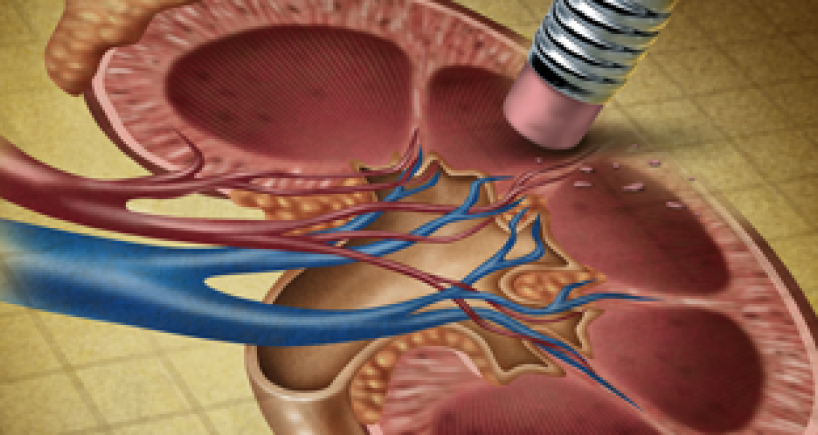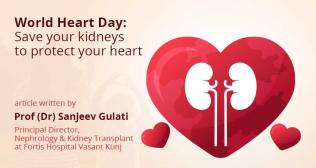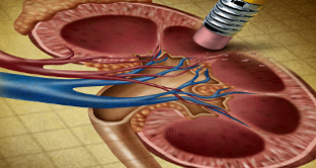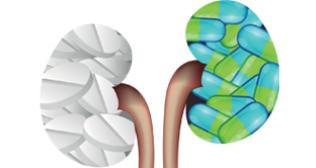Lowering The Risk of Kidney Disease
Lowering The Risk of Kidney Disease Aug 27, 2014

Chronic kidney disease (CKD) is rapidly emerging as a major non-communicable condition which has very significant implications for the health of the nation as well as its economy. It is predicted that in the next 10 years CKD will be the third most common non-communicable cause of death in the population behind heart disease and cancer, as
kidney disease symptoms become more common among the people.
Hypertension (High blood pressure) and diabetes are two of the most common causes. Both these conditions are essentially lifestyle diseases and are currently emerging as a major epidemic in our country.
Hypertension (High BP)
Blood pressure is determined by the force of blood being pumped from the heart and force of blood against the walls of the arteries. When uncontrolled and persistent over a long period of time, blood pressure can be life threatening. Blood pressure that is high makes the heart work too hard, harden the walls of arteries, and can lead to a stroke or heart disease. It also causes significant kidney damage.
Lifestyle modifications
• Losing weight
• Eating less salt
• Avoiding alcohol and tobacco
• Getting regular exercise
Medication:
Antihypertensive medication is usually recommended when the blood pressure is consistently at or above 140/90 mmHg. Treatment with medication is recommended at a lower blood pressure (usually 130/80 mmHg) for people with diabetes or chronic kidney disease.
Diabetes Mellitus
Diabetes is another condition that can lead to CKD. We will be discussing Diabetes Mellitus type II which signifies adult onset diabetes and is generally lifestyle related though genetics play a strong part too. Diabetes is a disease in which the body does not produce or properly use insulin. Insulin is a hormone that is needed to convert sugar, starches and other food into energy needed for daily life.
Managing Diabetes
1. Lifestyle modifications again form the backbone of management.
• Losing weight
• Avoiding alcohol and tobacco
• Regular exercise
2. Drug therapy/Insulin. The initiation of these modalities will be decided by your physician.

 Chronic kidney disease (CKD) is rapidly emerging as a major non-communicable condition which has very significant implications for the health of the nation as well as its economy. It is predicted that in the next 10 years CKD will be the third most common non-communicable cause of death in the population behind heart disease and cancer, as kidney disease symptoms become more common among the people.
Chronic kidney disease (CKD) is rapidly emerging as a major non-communicable condition which has very significant implications for the health of the nation as well as its economy. It is predicted that in the next 10 years CKD will be the third most common non-communicable cause of death in the population behind heart disease and cancer, as kidney disease symptoms become more common among the people.


















